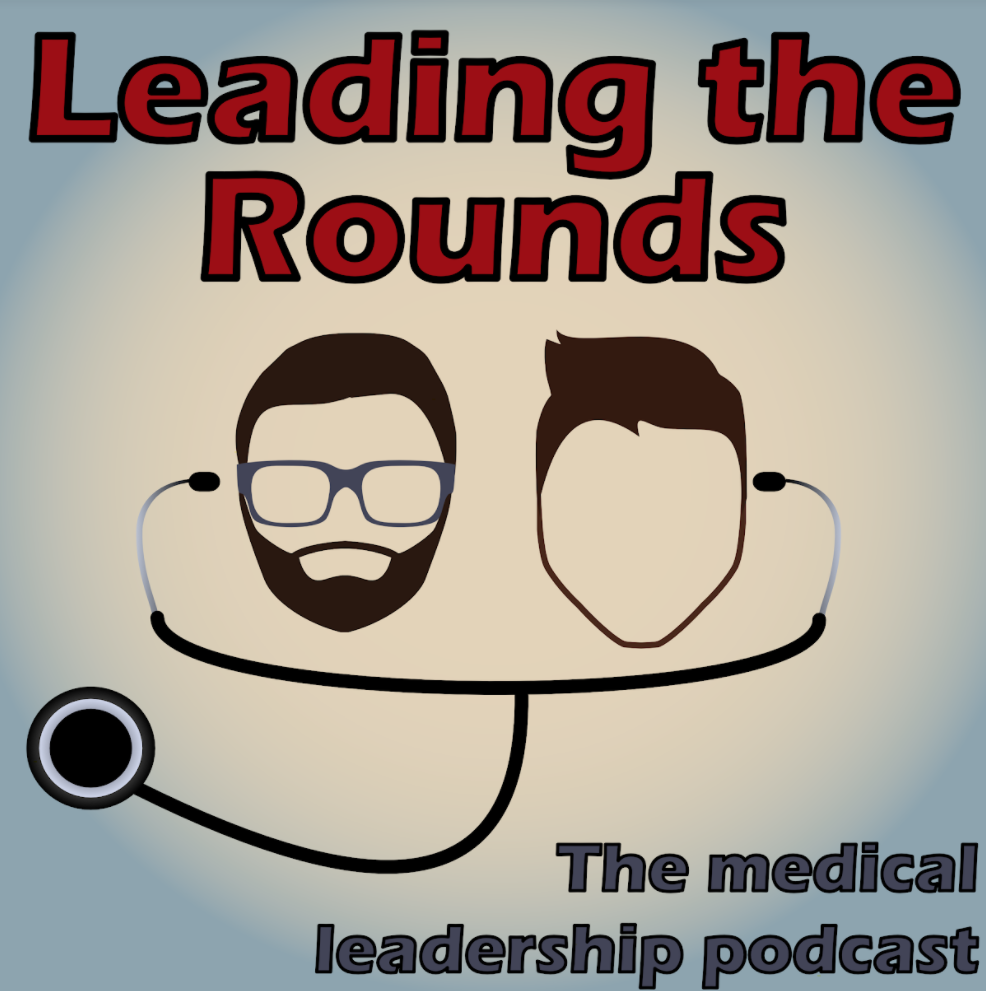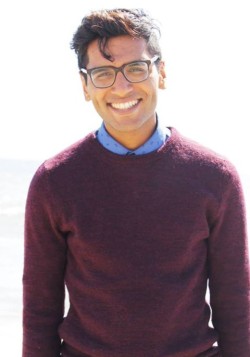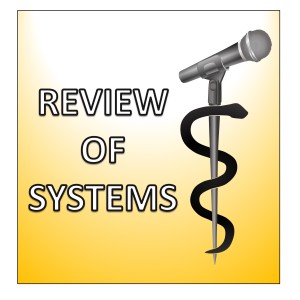 Caleb Sokolowski (21 Posts)
Caleb Sokolowski (21 Posts)Writer-in-Training and Columnist
Wayne State University School of Medicine
Caleb Sokolowski is a second-year medical student at Wayne State University School of Medicine in Detroit, Michigan. In 2018, he graduated from Michigan State University with a Bachelor of science in Human Biology. Caleb is interested in medical ethics, policy, and education. In his free time, Caleb participates in number of activities including sports, CrossFit, paddle boarding and cycling.
Leading the Rounds: The Medical Leadership Podcast
As physicians, we are immediately thrust into a leadership position from the moment we finish medical school. Despite this, most medical students will obtain little formal leadership training. We seek to improve our leadership abilities as burgeoning physicians. We developed this podcast to challenge ourselves to explore ideas in leadership development and how they apply to medical training. We hope to educate and motivate others to further develop themselves as leaders in healthcare.
Dr. Brent James was a Senior Fellow at the Institute for Healthcare Improvement, Senior Advisor at the Leavitt Group and a Senior Advisor at Health Catalyst, in Salt Lake City, Utah. He holds faculty appointments at the Stanford University School of Medicine and at several other universities. He was formerly the Vice President and Chief Quality Officer at Intermountain Healthcare. In this episode, we discussed his leadership background, value-based medicine, as well as his outlook on the future of medicine. We hope you enjoy this episode of Leading the Rounds.
It’s the proverbial question. Starting from the first time you utter an interest in medicine. Your parents, your friends, your mentors, your teachers, admissions committees — everyone asks you, “Why do you want to be a doctor?” This is not just a question you should think about before medical school, but one to revisit throughout your career.
Despite this, most medical students will obtain little formal leadership training. We seek to improve our leadership abilities as burgeoning physicians. We developed this podcast to challenge ourselves to explore ideas in leadership development and how they apply to medical training.
In this podcast episode, in-Training editor Amelia Mackarey has a conversation with Sarah Epstein, a marriage and family therapy intern and author of “Love in the Time of Medical School,” about managing relationships in medical school.
We recently chatted with Sanjay Sharma, MD, MSc (Epid), MBA, professor of ophthalmology at Queen’s University and founder of MEDSKL, about trends in medical education and how MEDSKL can be used to improve your educational experience.
At this point, most medical students either know someone obsessed with podcasts, or are obsessed with the medium themselves. With shows on everything from broader pop culture to reading novels as spiritual texts, the podcasting boom allows anyone — including medical students — to engage their most niche interests on their own schedule. Given, however, the diversity and sheer volume of podcasts out there, it is be easy to become overwhelmed or miss a quality show or episode. Below are eight episodes, ranging from traditional interviews to creative nonfiction, that even the busiest medical student should take a break to listen to.
Medical students’ place in the hierarchy of medicine means we are routinely restricted in what we can (or should) say. That taboo list includes our own transformation — despite being only one of thousands impacted by medical education, all too often we are left alone to process how it changes us. Review of Systems is a series of down-to-earth slam poems by Kate Bock, putting words to the unspoken process not just of learning medicine, but of becoming a doctor.
Medical schools and hospitals across the nation proudly claim to be “starting a conversation” about mental health in medicine. I could lose the residency of my dreams for taking part in it.
How can doctors-in-training take advantage of the distinct liberty they have to bond the patient Stephan, a fourth-year medical student in Cincinnati when interviewed and now an ophthalmology resident, reflects on how the art of connecting deeply with patients is not prioritized — but this can be remedied. He tells a story about a patient he met on his internal medicine rotation that illustrates how medical students are in a unique position to cultivate relationships in health care.
How can doctors-in-training support patients and colleagues who are transgender? Olivia, a third-year medical student in Chicago pursuing a career in facial reconstructive surgery, transitioned from male to female while she was applying to medical school. As one of the few openly trans medical students in the country, she speaks about the stereotypes and logistical challenges trans people confront in medicine. Olivia aspires to use her own experiences as a trans person in the medical system – as both consumer and provider – to positively impact others in similar positions.
How can doctors-in-training learn to have hard discussions with their patients? Will, a fourth-year medical student intending to become an internist, recounts two formative patient encounters he had during his third year. In the first, he learned from an attending physician and a man dying from cancer the challenges of determining when it’s time to end treatment. In the second, he realized a non-English speaking patient did not understand that she had lupus, and thus took the initiative to more effectively translate to her what the condition meant.
How can doctors-in-training incorporate wisdom from spiritual traditions into the delivery of health care? Rembrandt, a second-year medical student in Chicago, shares his exploration of how lessons from Christianity offer him insight into life’s big questions that arise in medicine.
 Annie Robinson (52 Posts)
Annie Robinson (52 Posts)Curator of Inside Stories and in-Training Staff Member
Columbia University
Annie Robinson completed a Master of Science in Narrative Medicine at Columbia University in 2014. She previously studied the healing power of stories as an undergraduate at NYU’s Gallatin School of Individualized Study.
Annie works as Narrative Coaching Specialist with Eating Disorder Recovery Specialists, helping individuals in the early stages of eating disorder recovery through mindfulness, meditation, yoga, and narrative practices. She is also the Program Officer at Health Story Collaborative, a non-profit that creates forums for individuals to tell their stories of personal health challenges, and curates another oral narratives projects called On the Road to Recovered: Voices from the Eating Disorder Recovery Community.
Annie is a coordinator and full-spectrum doula for The Doula Project in New York City, providing compassionate care for women during experiences of abortion, miscarriage, and fetal loss.
As a yoga teacher, writer, educator, and co-founder of NYC-based wellness community Pause, Breathe, and Connect, Annie shares her passion for integrative approaches to wellbeing. She is dedicated to creating spaces for people to explore the healing potential of interweaving of stories, spirituality, and somatic experience.
Inside Stories
Inside Stories is an oral narratives project which invites medical students to share their experiences in medical school in the form of brief podcasts published and archived on in-Training. The project aims to provide a means of personal healing, self-realization and empowerment through the sharing and receiving of personal stories, as well as to cultivate community among students in the often isolating medical school environment. The title Inside Stories reflects the project's mission to encourage students to go inside themselves and bring forth things that often go unspoken. It also represents the inside look listeners are granted into the sometimes private, challenging and confusing experiences students may have.
Made possible in part by a grant from the Arnold P. Gold Foundation and FJC.








